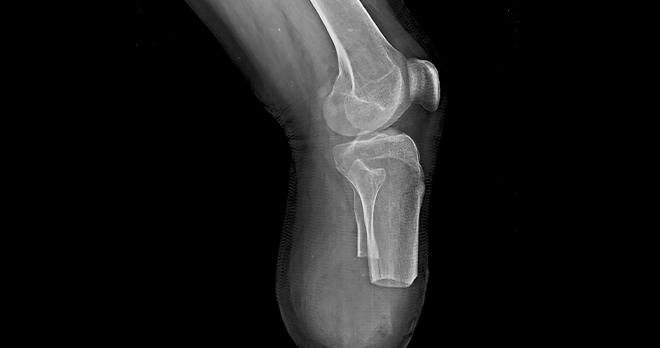Avoidable amputation in diabetics

According to the National Diabetes Foot Care Report, patients with diabetes make up 69% of the minor lower limb amputations in the UK between that time period, and 51% of all major lower limb amputations.
It has been estimated that of those numbers, 80% of foot amputations could also be avoided with better care.
Our experience is that, tragically, the majority of these major amputations are preventable, but many people living with diabetes are struggling to access the care they need.
Key information from the report
During the three-year period studied in the report:
- There were 171,759 foot disease-related hospital admissions for patients with diabetes.
- 97,175 individual patients had a hospital admission for foot disease and 34% had more than one admission over the three years.
- There were 7,957 major amputations with a directly standardised rate of 8.1 major amputations per 10,000 population with diabetes per year.
- There were 21,738 minor amputations with a directly standardised rate of 22.1 minor amputations per 10,000 population with diabetes per year.
- Patients with diabetes that are male, from the most deprived areas, aged over 65 or of white ethnicity had greater risk of amputation.
Might I have a claim?
As these statistics show, it is clear that many diabetic patients will have suffered an amputation as a result of substandard care and will be entitled to compensation for their injuries.
In order to bring a clinical negligence claim in relation to diabetes management, two tests must be met: -
-
Breach of Duty
In order to bring a claim, there must have been substandard care, such as an act or omission which was outside of acceptable practice.
For example, the NICE Guidance for management of a diabetic foot conditions suggests that if the condition is life threatening, an urgent referral to acute services should occur within 24 hours. If it is not life-threatening, then a referral to the relevant diabetic foot protection service should occur within 1 working day, and triage within 1 further working day. If these timescales aren’t met then it’s likely there has been a breach of duty.
-
Causation or ‘outcome’
Where there has been substandard care, it must also be shown that this led to a worse outcome for you.
For example, if a patient has suffered an amputation because of the progression of an infection, the claim would involve investigating whether that amputation would otherwise have been avoided with appropriate treatment, such as whether receiving antibiotics more quickly would have controlled the infection before significant damage occurred.

Read our guide to amputations
If you have experienced limb loss, find out more about choosing the right prosthetic, the support available to you, and more in our guide.
Our guide covers what you need to know about types of amputation, rehabilitation, prosthetics, support networks and more.
If you’d like to find out more about whether you might be entitled to compensation please get in touch. We offer free advice with no obligation.
Call now
Read more on limb loss
Read more about amputation from our Info Hub
View more articles related to Amputation








